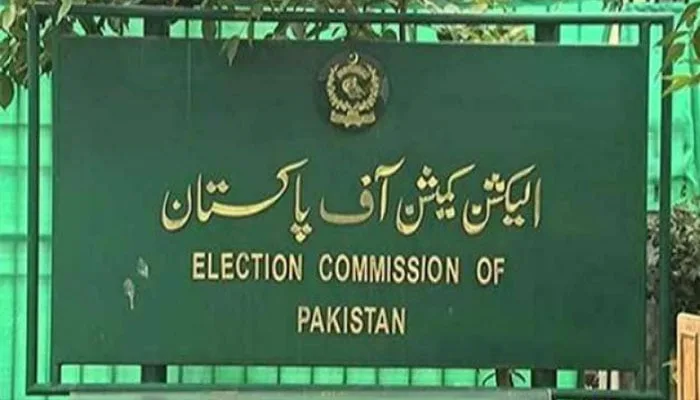In a significant announcement, the Election Commission has unveiled the latest party positions in the National Assembly, providing insights into the current political landscape of Pakistan.
Leading the pack is the Muslim League (N), emerging as the largest party in the National Assembly, reaffirming its stronghold in the political arena. Following closely behind is the Sunni Ittehad Council, securing a notable second position, while the People’s Party maintains its presence in third place.
According to the Election Commission’s data, the Muslim League (N) has witnessed a surge in its membership, now boasting a formidable count of 120 members within the National Assembly. In contrast, the Sunni Ittehad Council commands a respectable presence with 82 members, consolidating its influence within the legislative body.
Meanwhile, the People’s Party retains a significant presence with 71 seats, underscoring its enduring relevance in national politics. Other notable parties include MQM with 21 seats, JUI with 11 seats, Muslim League with 5 seats, and Stability Pakistan Party with 4 seats, each contributing to the diverse representation within the National Assembly.
In addition to the major political entities, smaller parties and independent members also contribute to the fabric of the National Assembly. Parties such as MWM, Muslim League Zia, and Balochistan Awami Party each hold a solitary seat, reflecting the multiplicity of voices and interests within the political spectrum. Similarly, Balochistan National Party, National Party, and Pakhtunkhwa Milli Awami Party each maintain a single seat, further enriching the parliamentary discourse with their perspectives and agendas.
Notably, the presence of independent members, numbering at 7, underscores the significance of individual voices and non-partisan representation in shaping legislative decisions and deliberations. These members, while not affiliated with any specific party, play a crucial role in contributing to the democratic process and representing the diverse interests of their constituencies.
As the custodian of fair and transparent elections, the Election Commission’s release of party positions provides valuable insights into the distribution of political power within the National Assembly. This information serves as a barometer for assessing the dynamics of political alliances, coalition-building efforts, and the overall balance of power within the legislative framework.
The unveiling of party positions by the Election Commission offers a comprehensive snapshot of the current political landscape in Pakistan, highlighting the diverse array of parties, their respective strengths, and the distribution of seats within the National Assembly. As the country navigates through evolving political terrain, these insights serve as a guiding compass for stakeholders and citizens alike in understanding the nuances of governance and representation at the national level.



